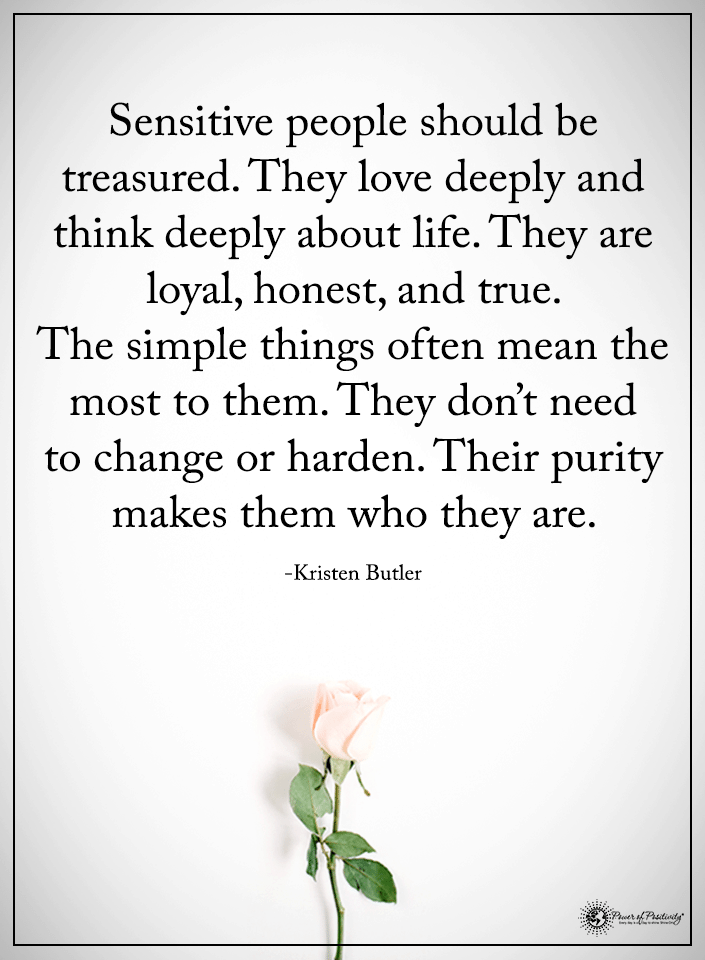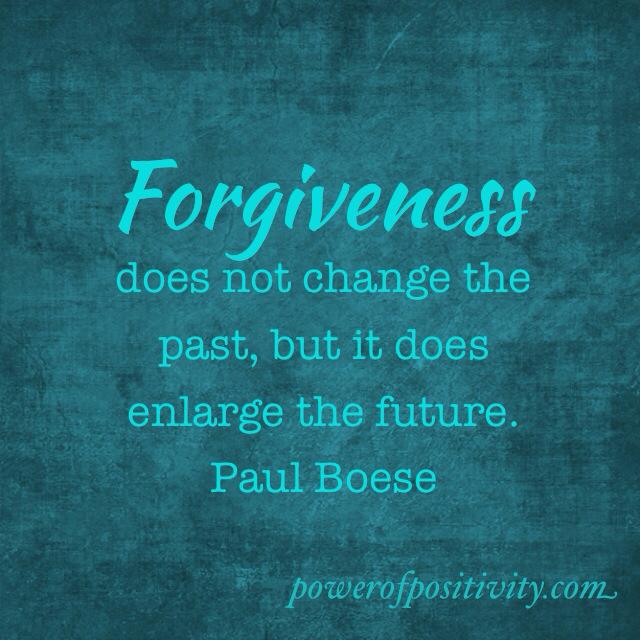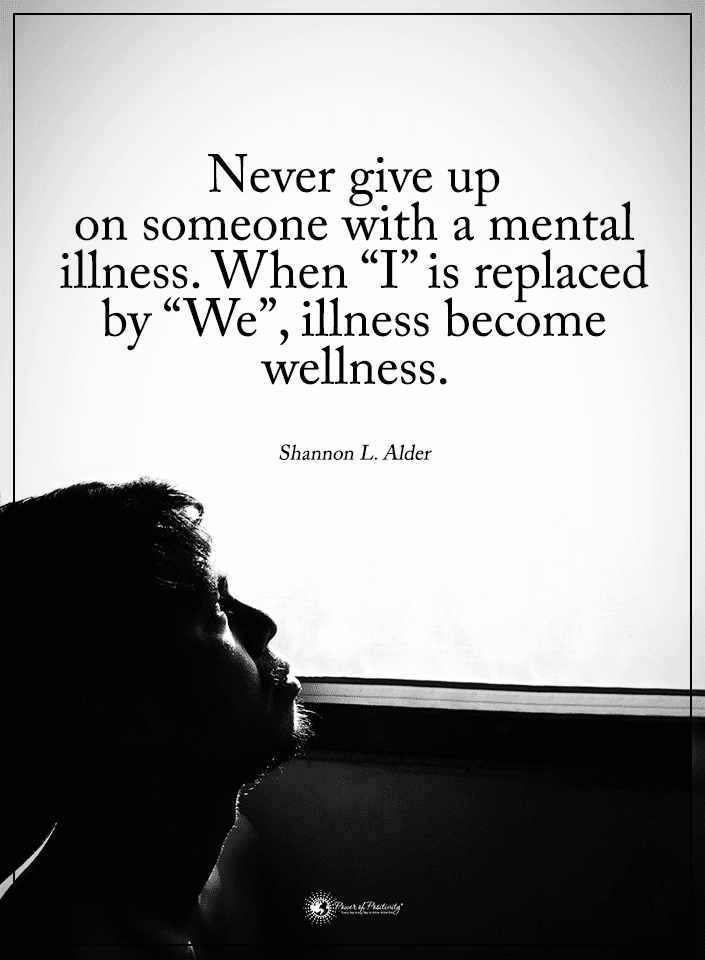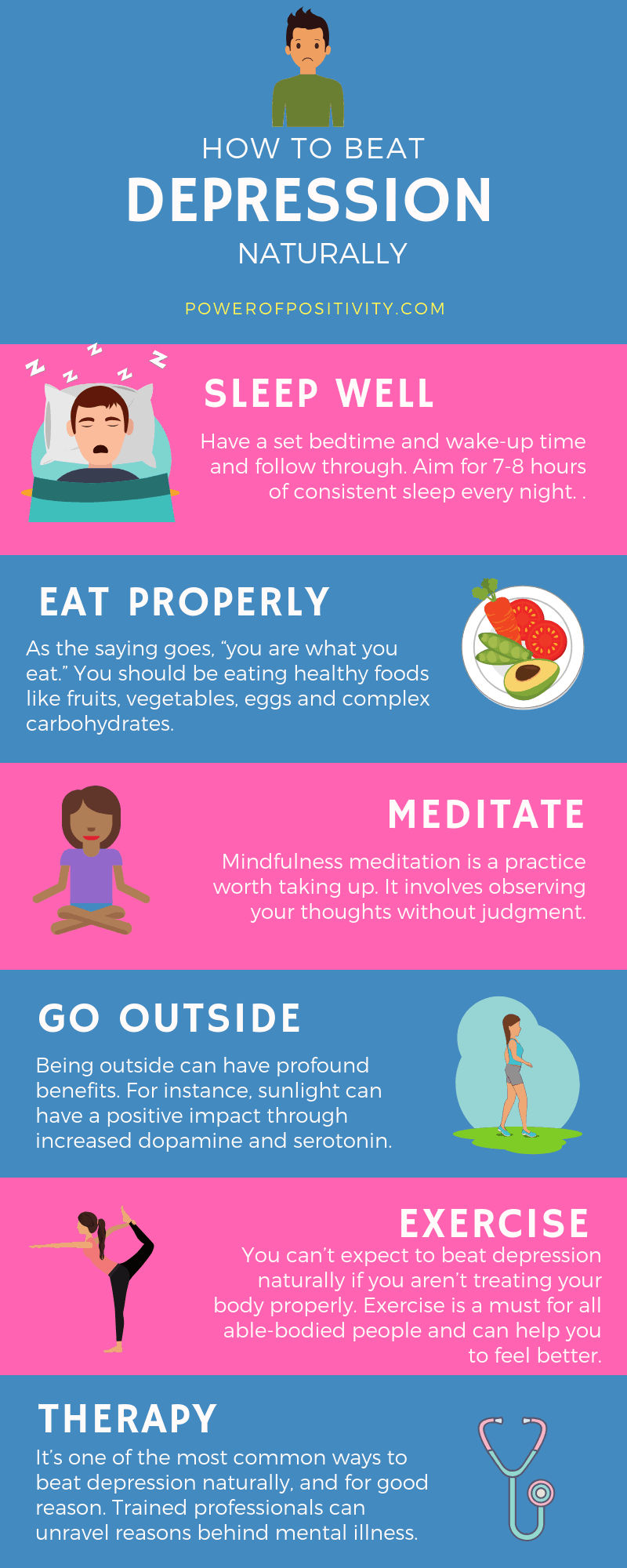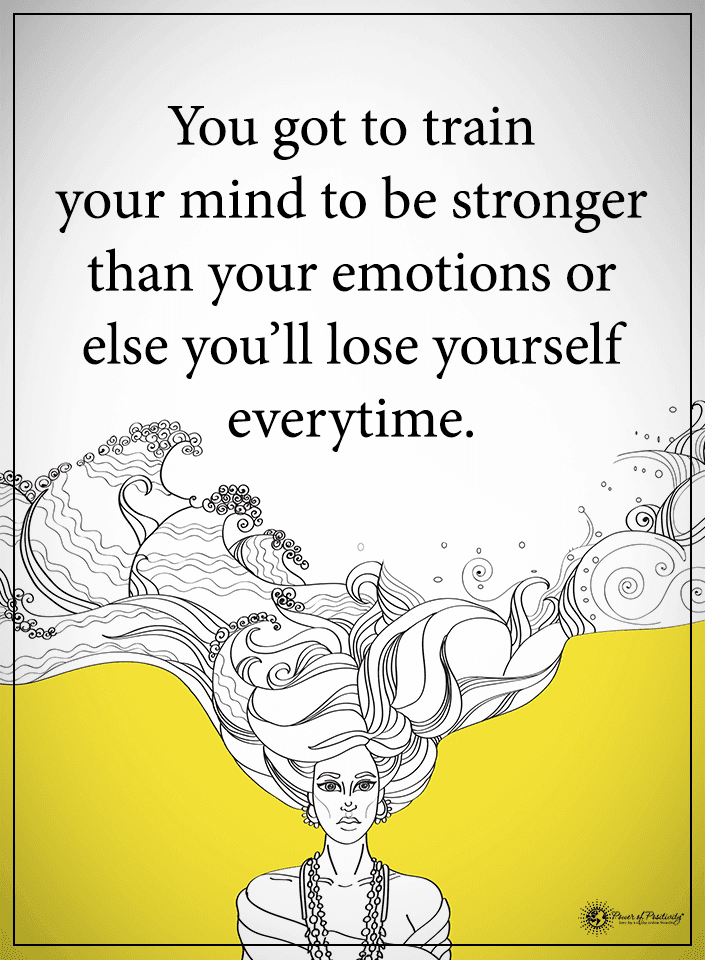Falling out of love with someone is an unfortunate part of life that all of us have had to deal with at some point – but it gets even more heartbreaking when the person who’s being fallen out of love with is you. Nothing in the world can prepare you for the feeling that someone towards whom you still feel immense emotional attachments to doesn’t love you back. You can feel left out, abandoned, and lonely to the point where you can end up convincing yourself you’ll never find love again.
However, that’s definitely not the case and you need to practice your positive thinking to remind yourself of that as often as you can. It’s very hard because you’re craving validation from someone who’ll never give it to you. Still, there are healthy ways of coping with the situation. Take a look at some tips on how to sever your emotional attachment to someone who doesn’t love you back. And remember, it’s always a work in progress, so don’t expect immediate results.
Here Are 6 Ways to Release Emotional Attachments to Someone Who Doesn’t Love You Back
1. Get yourself back out there.
It doesn’t matter whether you feel ready or not – no one feels truly, fully ready to start dating again after their relationship has broken down. But the positive side to trying to find someone new is that you meet new people all the time. Even if it doesn’t progress into a relationship, you might still end up finding people you love to spend time with as friends. Besides, the more you surround yourself with new people, the more you’ll find that validation that you needed from the emotionally unavailable person. Rebounding is not always a great idea, though. What you need might be emotional, rather than physical, attachment. If you find yourself in a situation where you don’t know if you’re leading someone else on, take it easy. Enjoy the companionship of new friends as much as you can.
2. Give yourself time to become less emotional.
There’s a reason why people say that time is the greatest healer. Even if it doesn’t seem like it, things will get better once you let some weeks and months pass. You’ll see that life goes on, that you have work and family and friendships you can put all your energy into now instead. Don’t try to feel better straight away. Allow yourself time to grieve over the love you’ve lost. If you try and suppress those feelings, they will emerge stronger and more powerful. Feel what you have to feel, as it will allow you to expunge those emotions from yourself and you can move on.
3. Reminisce about the things that went wrong in your relationship.
“Attachment is the great fabricator of illusions; reality can be attained only by someone who is detached.” – Simone Weil
These are all the things you want to avoid thinking about, right? Well, what better way to remember why you shouldn’t have any emotional attachment to that person than remember all the things they did to get you here? Do you remember your last argument? Or the annoying habits they had that kept building up until you couldn’t take anymore? It’s a great way of reconciling any residual guilt you have as well. It often happens that people coming out of failed relationships think the burden of responsibility is on them, which isn’t the case at all. Remember that this is a two-way process. In other words, the ending of the relationship should be a shared responsibility.
4. Be the best version of you.
After you’ve been in a relationship for a very long time, it’s easy to lose your individual identity. Remember what makes you unique and explore it – or find something new, like a hobby you’ve never considered picking up. Pottery? Stained glass? Pilates? Pole dancing? There’s a whole world of activities out there that you can get involved in. They will engage your mind in the best way possible, so you can forget about the person that you keep thinking about. Focus on you – because you probably haven’t done that in a long, long time. Remember that you are an individual with hopes and goals and dreams that you can now achieve.
5. Close the emotional chapter of your last relationship forever.
There’s nothing more tempting than trying to get back in contact with the person you love – even if they don’t love you. Casual texts to see how they’re doing, or pretending you’ve sent the text to the wrong person. All those things are your mind’s way of trying to implant a sense of false hope. Let go of that. Delete their phone number and stop stalking them on Facebook and Instagram. The more time you have to spend apart, the better you’ll feel. Stop living in the past and look towards the future.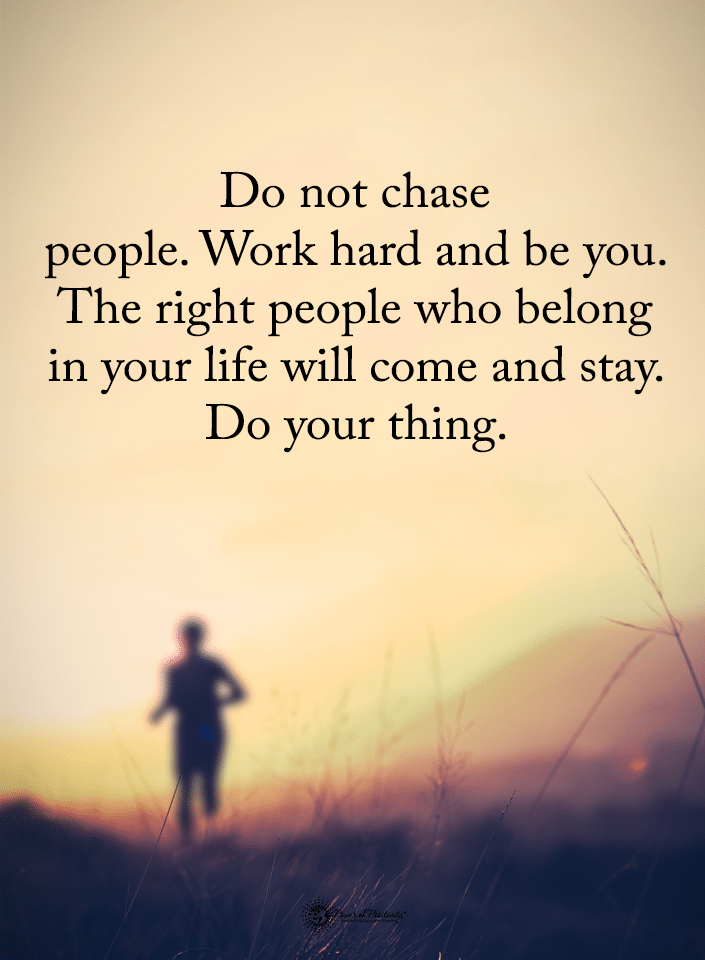
6. Try to find love again.
It will seem impossible at first that you’ll ever feel a deep emotional attachment to anyone else, but you might be surprised. If your heart is open to new possibilities, you need to give it the opportunity to live them. Positive thinking is key here. If you give in to your apocalyptic thoughts that you’ve walked past your soulmate forever, you won’t feel any motivation to keep going. Instead, think about how you deserve to be loved with the same enormity that you, yourself, can love. Pick yourself up, dust yourself off, and allow yourself to feel love towards someone else. It’s a wonderful remedy for unrequited feelings.
Final thoughts on learning to release emotional attachment
At every step on the way, remember to always reassess your own feelings. Is that what you need right now? Are you making the right choices? Are you moving too quickly? Don’t force yourself into situations that you might feel uncomfortable in, just because you feel like you should. Healing from emotional attachment is a very individual process, so listen to your heart and you won’t fail. You’ll know when the right time comes to do some healing. Until then, be kind to yourself and don’t allow for the bad thoughts to enter your head. Settle for positive thinking and a good mindset instead.

